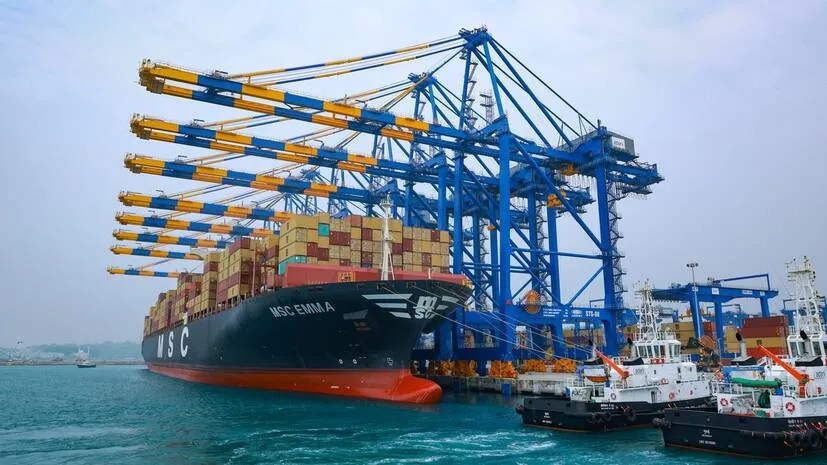

Those who complete non-vocational courses often find it hard to get good jobs. In contrast, students who take courses that teach specific job skills have better chances of employment. With the many job openings expected from the Vizhinjam Port, Kerala University has decided to offer various courses tailored for these job opportunities. This decision is timely and focuses on practical skills. The Vizhinjam Port will be built in stages, meaning job opportunities in related fields will grow each year. Many of these positions will need specialised skills. If qualified candidates are not available in Kerala, jobs may go to people from other states.
Simply having a regular degree will not be enough for jobs in logistics centres, warehouses, or industrial areas. Therefore, the Vizhinjam Port offers those who study relevant courses secure, well-paying jobs. This situation presents a chance for Kerala University and other universities in the state to create innovative vocational programs. This is especially crucial now, as many students are going abroad for education and work. Kerala University plans to launch 'Vizhinjam' courses that will be open to anyone who has completed Plus Two.
To prepare for these courses, information has been gathered from Vizhinjam International Seaport Ltd. (VISL), which runs the port, about the skills needed and the types of jobs available. A syllabus has been created based on this information.
The technical diploma courses will be held at the University Engineering College in Kariyavattom. Experts from the port will be hired as instructors with the title of Professor of Practice. Vice Chancellor Dr. Mohanan Kunnummel has also announced that students will have internship opportunities at the port. Special consideration for admission and fees will be given to students from areas near Vizhinjam.
Initially, one-year or two-year certificate courses are being planned. Given that Kerala University ranks ninth nationally and first in the state, it can introduce as many courses as needed. The first courses will include logistics, port management, cargo handling, tax practice, data management, automation, and port security. Courses should be developed after thoroughly assessing the types of employment required at large ports like these. Additionally, priority should be given to programs that help individuals start small businesses even if they do not secure direct jobs at the port. Students are unlikely to enrol in courses that do not lead to future employment opportunities. Universities should also consider updating existing programs based on this need.